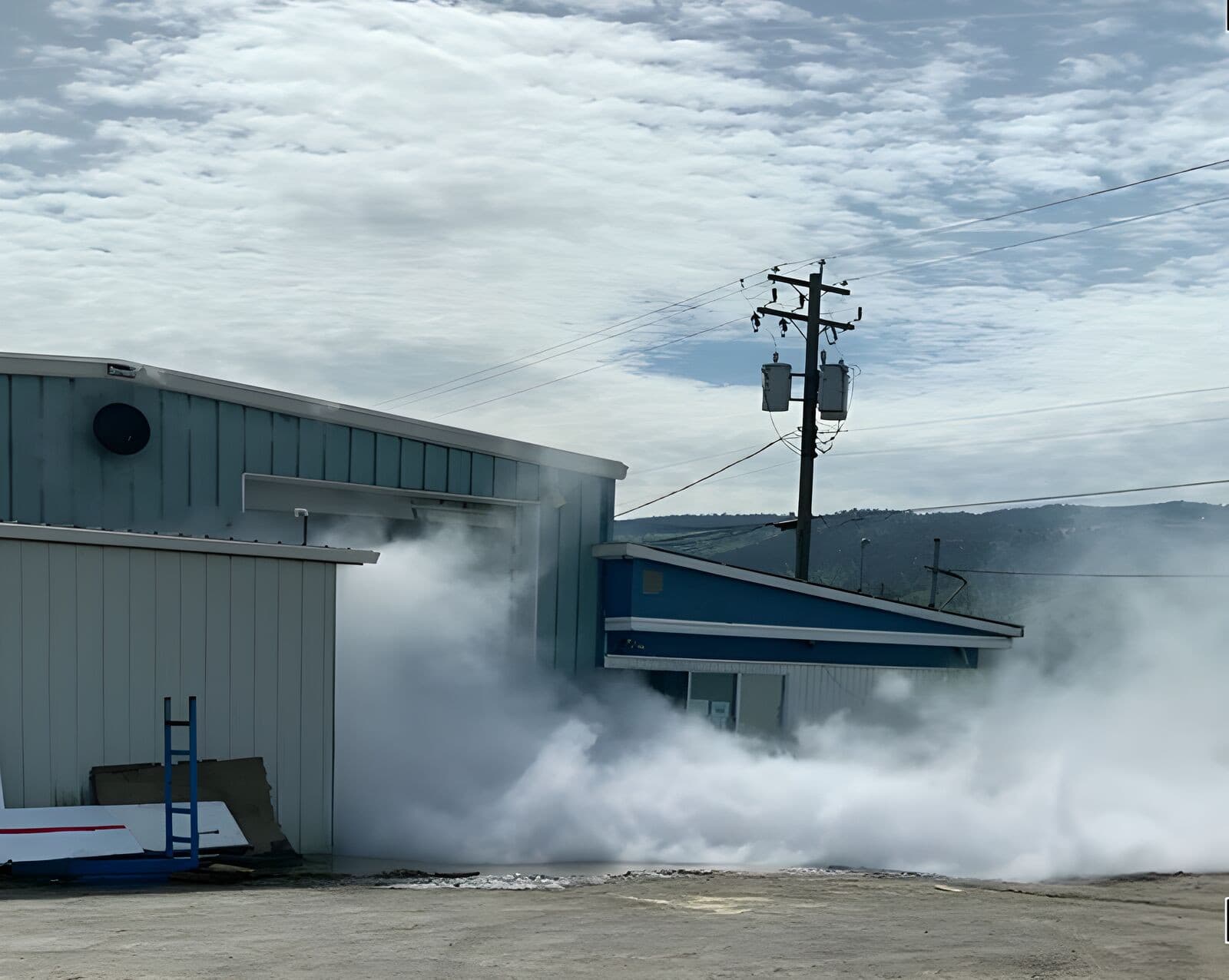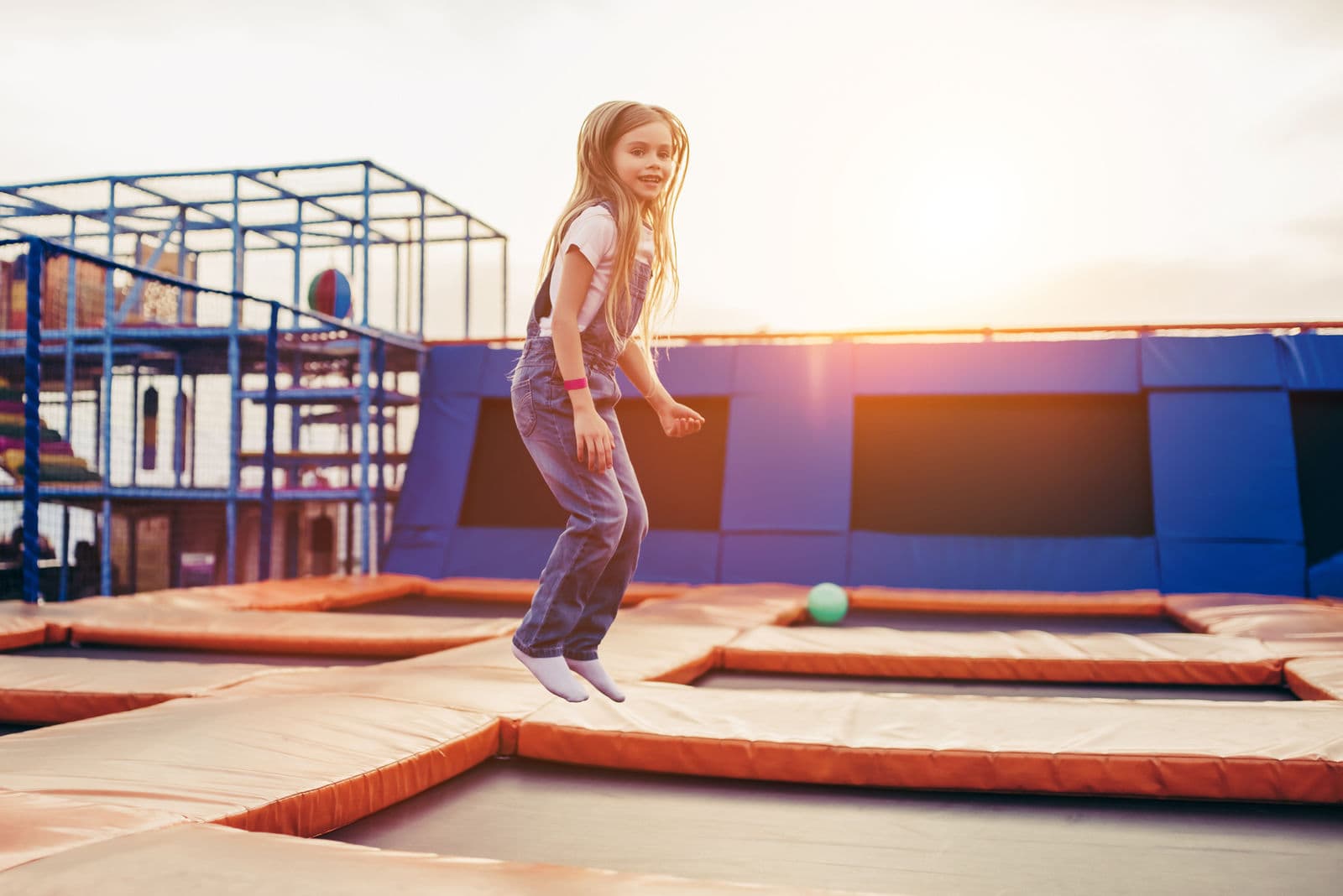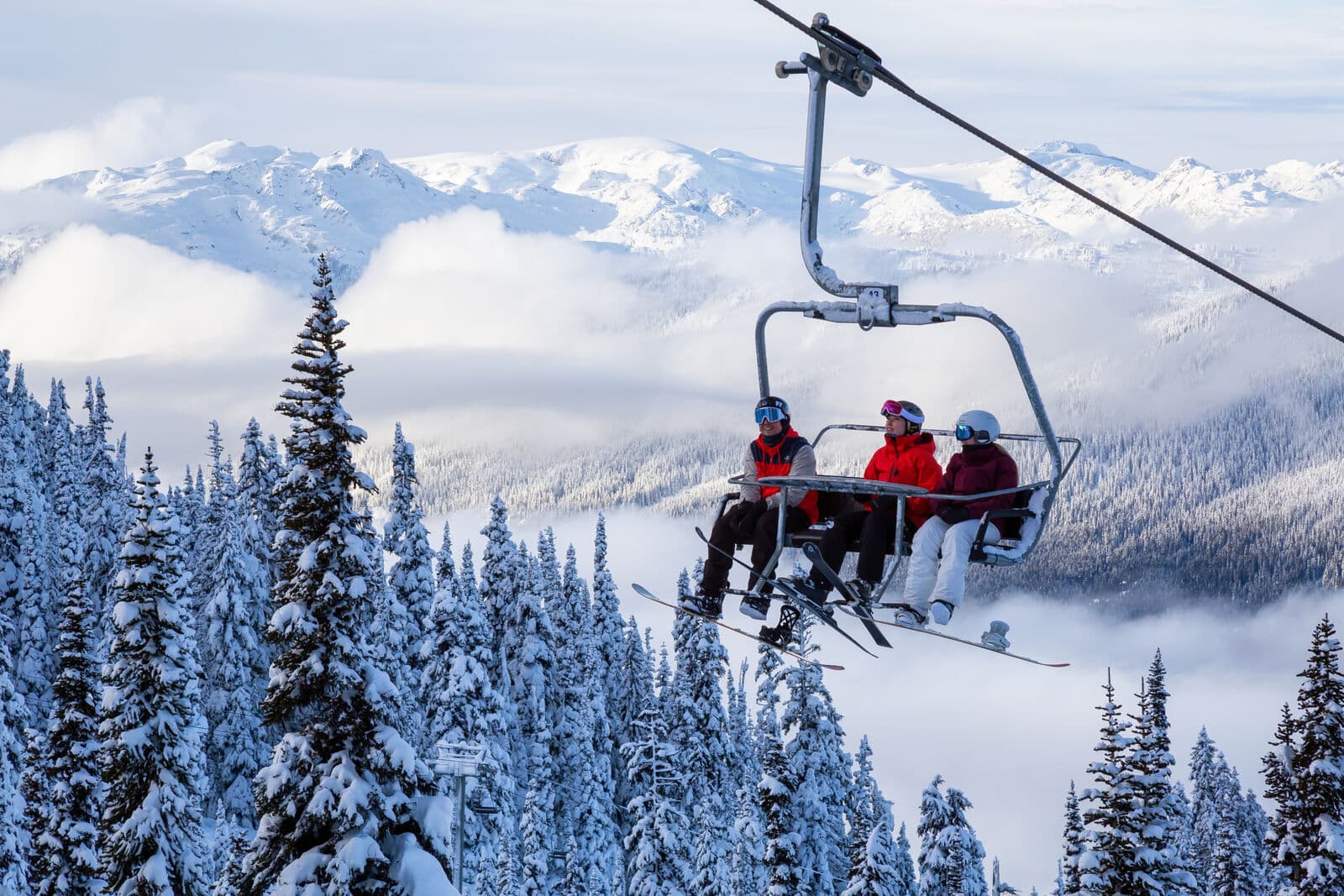Education and Awareness
Annual State of Safety 2022
State of Safety: Training and Education
We provide technical training as well as educational courses and engagement programs to support our partners in the safety system and to remove barriers to compliance.
Insights from our clients, safety officers, and incident investigations team members help us identify education opportunities and shape our courses. We hire industry leaders to teach the courses, as they can impart current knowledge of regulatory codes, safety best practices, and their experience to help students identify potential hazards.
86%
Satisfaction rating for our education programming
10,815
Registered learners and growing
Responding to Client Needs Through Training
Our training programs are initiated by responding to the needs of clients, industry representatives, and British Columbians. Their feedback informs how we design, test, and improve our educational offerings in response to found knowledge gaps or emerging areas of concern. We recognize that successful safety engagement depends on the diversity of our participating partners, so we strive for fair participation to ensure under-represented and excluded groups also have a voice.
In 2022, we continued to offer self-paced, online courses and online-blended formats to deliver education services to our clients, safety partners, and the public.
Additionally, we:
- completed successful pilot runs of new B149.1 Gas code update training;
- completed a Field Safety Representative (FSR) Competency project which helped us understand how we can better support and onboard FSRs;
- partnered with external training providers who now deliver the 2021 EL Code update training across the province;
- reintroduced in-person Tech Talks, a series of educational sessions on varied technical topics;
- introduced microlearning videos showcasing technical content in small doses for time-strapped clients; and
- developed the Responsible Person course for the new Amusement Device program.
Educational Events in 2022
-
14 Educational events
-
11 virtual events
-
3 in person events
Ammonia Safety
Ammonia release incidents persist as a safety hazard. As such, ammonia safety awareness is one of our top priorities. We continued the delivery and enhancement of the Ammonia Safety Awareness Program.
This no-cost, specialized education and training program was developed and launched in collaboration with industry partners in 2021.
It was designed to share best practices for maintaining ammonia refrigeration equipment and systems throughout their lifecycle. Based on feedback from industry clients, we began simplifying the program content to make the information more accessible and impactful.

Get Involved
In the past year we promoted the program across BC’s recreational facilities, garnering over 300 enrollments by the end of 2022. In 2023, we will work to build and scale the program for those in other industries. If you are interested in getting involved, please reach out to engage@technicalsafetybc.ca.

Amusement Device Program Design
In 2022, we engaged with safety partners across different sectors to prepare the amusement device industry for the launch of proposed new regulations.
Pending changes to the regulations, this will bring previously unregulated amusement devices under our safety oversight.
An Open Dialogue
Trampoline courts will be the first new type of amusement device to be included in the new regulation. It was important for us to open a dialogue with operators and prepare them as they move into regulation. We connected with operators through industry events, during one-on-one and small focus group discussions. We also consulted with them on a proposed fee schedule. Their feedback and input helped shape the design of the amusement devices program.
We will work with the industry in 2023 to design proposed program changes and explore what is needed to effectively onboard for this program.
Chairlift Safety
We conducted exploratory research and established an industry advisory group to better understand the causal and behavioural factors leading to falls or misloadings from chairlift carriers. To promote safe user behavior on chairlifts, we ran a marketing campaign from January through March.
The initiative used digital advertisements targeting skiers and snowboarders and provided them with chairlift safety tips. We also shared messaging in the newsletters and social media platforms of several BC ski resorts.

Risk Solutions
We are collaborating with an external working group of industry members to brainstorm and co-create risk mitigation solutions. Our work in 2023 will involve further data collection and testing.
Understanding the Journey of Licensed Contractors
We held focus groups with licensed contractors and members of contractor associations to uncover their experience with us through any and all interaction points they have with Technical Safety BC. We look to improve communication, enhance the value of a licence, generate links between data and behaviour, and increase enforceability when necessary. This initiative is a part of an overall strategy to improve the client experience and will continue into 2023.
Access to Continued Education Training for Field Safety Representatives (FSRs)
We worked closely with electrical training providers to assess and expand training coverage for members of the electrical community, including FSRs looking to renew their certification.
Campaigns and Safety Engagement
We used incident data and risk assessments to inform our public safety campaign, so we can drive awareness of key risks throughout the province. We took a multi-channel approach which included Instagram stories, Pinterest advertising and collaborating with influencers to reach an additional demographic of audiences.
Incident investigations were used to bring real failure scenarios to public knowledge. We highlighted trends, causes and factors in incidents, as well as recommendations and learnings for the future. Using the learnings from these incidents not only increased public awareness of common hazards, as well as recalls, but in some cases, served to warn the public about specific companies or individuals that have a history of unsafe work.
Unlicensed Contractor Performing Dangerous Work
At the beginning of the year, we launched a public safety advisory regarding an unlicensed contractor performing dangerous work throughout BC. Michael Fader dba Fader Industries’ gas contractor licence was suspended and he was not authorized to perform regulated gas work in the province. We shared the public safety advisory on our social media channels and received high engagement and numerous shares across multiple platforms. This outreach led our team to receiving additional information about other work conducted by this individual. We conducted thorough inspections of the work and prevented further hazards from occurring.
Hiring Licensed Contractors for Electrical and Gas Home Renovations
Our spring home renovation campaign encouraged homeowners to hire licensed contractors for electrical or gas renovations. According to a survey we commissioned, 49% of British Columbians did not know that a permit is necessary for home repairs or renovations. Another 32% of those surveyed said they would still consider undertaking home renovations without hiring a licensed contractor or obtaining a permit. To share the importance of safe home renovations this year, we diversified our reach by creating Mandarin language ads and producing a fully translated campaign page. This addition was highly successful, driving almost twice as much website traffic as our English language ads, and spreading our safety messaging even further.
BBQ Safety Tips
In the summer, we worked with the BC office of the Fire Commissioner to address the rise of barbeque-related incidents in our province. Over 55 fires caused by barbeques in 2021 resulted in a property loss of $23.5 million. Our campaign targeted condominium owners and renters with messaging about BBQ safety tips. To increase reach, we incorporated social media influencers and refreshed the messaging to include some of these shocking statistics, which resulted in higher engagement.
Carbon Monoxide Safety
Exposure to carbon monoxide (CO) remains a persistent risk in our safety system. A survey we conducted revealed that 49% of respondents did not have a CO alarm in their home. Our blog post outlining the symptoms of CO exposure in pets garnered over 32,000 visits the previous year, demonstrating there was concern about pets' exposure to CO. With these two insights in mind, our fourth annual campaign focused on identifying CO exposure symptoms in pets and preventing CO in homes. We partnered with influencers and used traditional media channels to share our messaging with a broader audience, specifically targeting pet owners throughout the province.
We continue to measure the success of our public safety campaigns and will use data-driven approaches to promote safety messaging to British Columbians.
You Might Be Interested In
Building Confidence
We identify risks and increase safety by investigating and auditing companies without proper licenses and qualifications.
Learn MoreA Safer BC
Gas Line Safety, Climate Action and our Licensed Contractor Program
Learn MoreData and Trends
Learn about safety trends, analysis and emerging risks for each of the technologies TSBC oversees.
Learn More